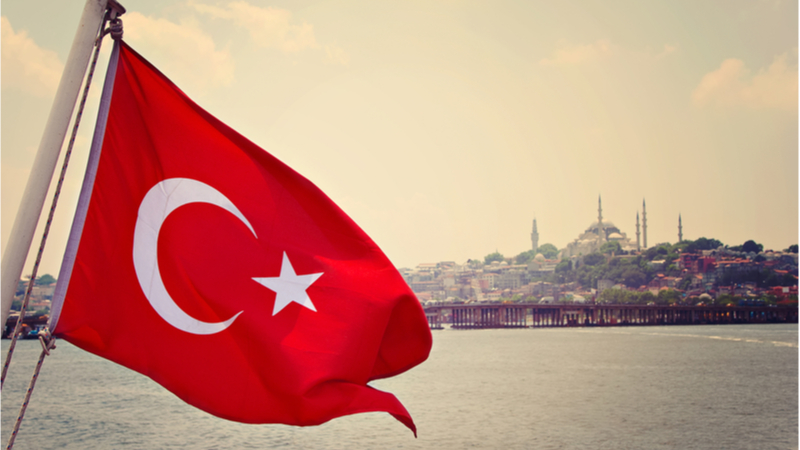Conservatism as Solution: Can the Nation Alliance Solve Turkey’s Problems?
By Barış Soydan
March 24, 2022
While Turkey’s opposition alliance inspires little hope as an economic savior, its reduction of Turkey’s democratic deficit and crisis to a question of the power of the presidency and the solution to a restoration of parliamentarianism obfuscates what really cripples Turkish democracy. And as the opposition alliance has closed itself both to the left – ignoring the plight of a working class that is hard hit by the economic crisis – and to the representatives of the Kurdish minority, it cannot credibly claim that it will further the cause of democratic change. Even if the opposition alliance were to prevail electorally, which is by no means certain, it will not alter Turkey’s course.

Is Turkey Becoming a Banana Republic?
By Svante E. Cornell
July 20, 2016
The failed military coup in Turkey provides a window into just how unstable and vulnerable Turkey has become. The coup is a unique but not isolated event, more than anything a symptom of the decay of Turkish state institutions under Erdogan. The sizable post-coup repression will make matters worse, in fact increasing rather than decreasing the risk of further violence, including a new coup. Turkey is now more a problem in its own right than an ally to help solve regional problems.
Gültekin: The tragedy of the Islamists
The Islamists had dreams, writes Levent Gültekin in Diken. Islamism grew as a reaction against a secular republic that anti-democratically excluded pious people from commercial and political networks. When they came to power, the Islamists were going to abolish the discrimination against the pious, and stand for freedom and equality. Yet, the hubris of power made them forget about being democratic. And unfortunately, they lacked a democratic culture in the first place. They replaced it with the worship of the leader. The leader has now purged all of his companions who had their origins in the Islamist ideology. The Islamists’ last hope, to whom they clung, was Ahmet Davutoğlu. Now, the vast majority of the Islamists in media, in the bureaucracy and in the party have been purged. Today, Islamist writers, journalists, intellectuals and politicians are in a state of great shock. It has now dawned on them that there’s no place left to them in the Turkey that they helped bring about.
EU-Turkey Readmission Deal: How All Sides Have Lost
By Halil Gürhanlı
April 7, 2016
With the refugee deal with EU, the regime in Turkey earns the silence of its European critics as the country proceeds towards complete authoritarianism. The EU leaders get to have their cake and eat it too, outsourcing gate-keeping while maintaining the moral upper-hand. However, this is a joint “achievement” gained at the expense of millions of Syrian refugees. It tarnishes EU’s status as a normative power. Meanwhile, Turkey is also a loser, as it will not be politically and financially compensated for carrying the refugee burden.
Turkey Bets, yet again, on Barzani: Turkey-KRG Relations in Light of the Regional Turbulence
By Gallia Lindenstrauss
February 4th, 2016, The Turkey Analyst
In view of the challenges Turkey is facing in the Middle East, Ankara is attempting to further solidify its relations with the Kurdish Regional Government (KRG) and specifically with KRG’s president, Massoud Barzani. While this policy may assist Turkey in increasing its influence over the future of Iraq and assist it in diversifying its energy suppliers, it is less likely to help Turkey in its internal struggle with its Kurdish minority, or in countering the Kurdish aspirations in Syria. Yet, as the only still relevant remnant of Turkey’s ‘zero Problems’ policy, Turkey-KRG relations do have the potential to assist Ankara in maintaining and solidifying its influence over the future of Iraq.






